Aston debacle shines light on conservatives in crisis
The last great conservative era was the 1980s. More than ever, conservative politicians must fight for the things they believe in.
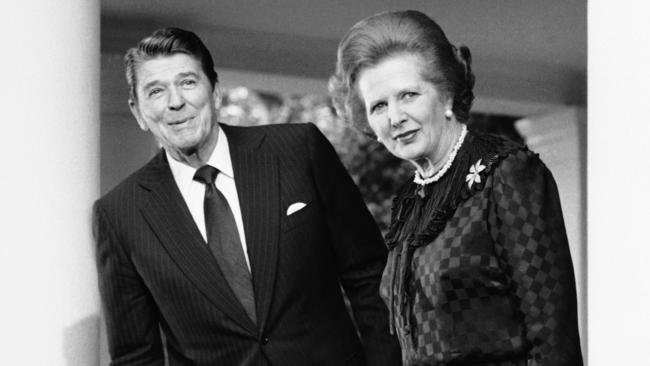
In Australia, conservatives hold office neither nationally nor in any mainland state or territory. Worse, they seem intellectually and politically exhausted, and don’t look as if they’re on the brink of posing a serious electoral challenge in any jurisdiction. Peter Dutton is a substantial politician but he is miles behind Anthony Albanese. Most Coalition state leaders are anonymous and ineffective.
But they’re in good company internationally. For some version of the same crisis is evident in most democratic nations from North America to Europe. There are a few exceptions but the tide is mostly out for conservatives. Of course, politics mostly runs in cycles. And conservative wisdom will be needed again, eventually.
But today conservative ideas don’t set the agenda. The conservative crisis is part of a larger crisis throughout Western civilisation. In time, the centre-left parties that rule will face their own crisis because without exception they are leading the nations they govern to live way beyond their means. They are also indulging ideological dynamics that are intensely destructive in the long term.
The last great conservative era was the 1980s. Ronald Reagan, Margaret Thatcher and even Malcolm Fraser all led self-confident conservative governments. The world’s most authoritative moral figure was Pope John Paul II, a theological and social conservative and communism’s worst nightmare.
Compare today. Joe Biden and the Democrats rule in Washington, Albanese and Labor in Australia, Rishi Sunak’s Conservatives are more than 20 per cent behind Labour in Britain, and the Catholic Church is led by a Pope, Francis, who, politically if not theologically, is of the global left. Conservative ideas motivate no reform movement, they are no longer the fizz and sparkle of intellectual life.
Why? There are many cultural factors but conservative politicians can’t escape their share of responsibility. John Howard, Australia’s most successful modern prime minister, certainly the most successful conservative since Robert Menzies, tells Inquirer: “A lot of conservatives have lost the will to argue a case.”
Take the main nations one by one. In each, the conservative crisis is different, each nation has its distinctive characteristics, yet all partake of similar cultural features. Start with the US, the intellectual and cultural powerhouse of the Western world, and the most important factor in global security, certainly in Australian security. In the US, conservative thinking is stronger than in any other Western nation. The left-liberal world view is dominant, but conservative voices abound in media, think tanks, liberal arts colleges, Christian schools and thousands of small battalion civic associations. The military is honoured and Americans still evince a sense of patriotism.
Biden has run a fiscally profligate administration with deeply incoherent energy policy. Wild spending has fuelled crippling inflation. The administration has indulged far too many woke fantasies. It has failed to secure the nation’s borders and illegal immigration has run out of control.
Yet the Republicans failed in the mid-term congressional elections last year, barely taking the House of Representatives and going backwards in the Senate. Republicans associated most closely with Donald Trump did worst. Biden, though 80, gives every indication that he plans to run again next year and is unlikely to face a Democratic primary challenger.
On the Republican side, half the party longs to put Trump behind them, but the RealClearPolitics polls consistently show him ahead of his nearest Republican rival, Florida governor Ron DeSantis, by 20 points in a presidential primary. All other Republicans score in the low single digits.
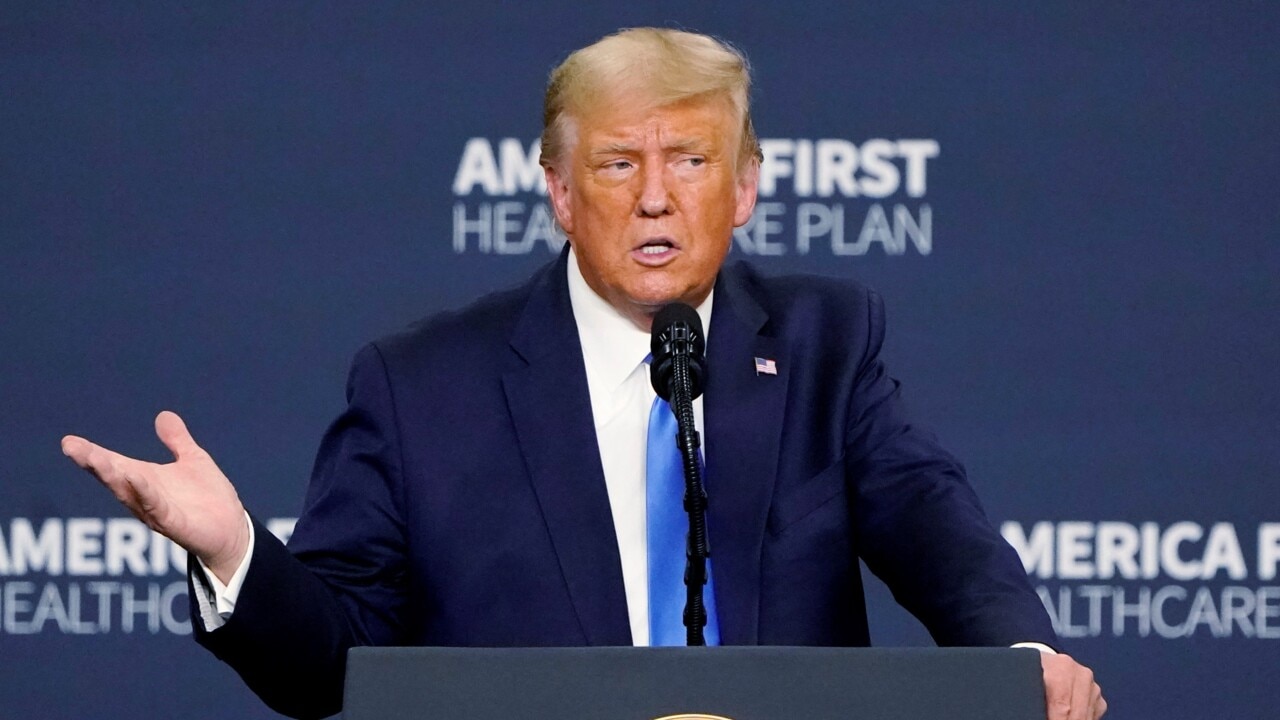
The essential characteristic of Trump, as DeSantis argues, is chaos, psychodrama and incoherence. Trump’s criminal indictment, however excessive and tainted its motivation, bears this out. Trump threatens US support for Ukraine, poisoning Republican foreign policy. If the West, which is not asked to sacrifice a single soldier in Ukraine, cannot stand by Kyiv as it resists brutal and unprovoked invasion, it’s on a suicide mission.
A fascinating and deeply depressing Wall Street Journal poll gives a clue to the underlying cultural crisis. In 1998, 70 per cent of Americans believed patriotism was very important; today the number is 38 per cent. In 1998, 62 per cent thought religion very important; now it’s 39 per cent. Having children, involvement in the community, hard work have all declined as important values.
Here’s the real genesis of the West’s problems. There are no longer underlying shared values that provide a foundation for peaceful civic life and politics. The loss of belief in God has meant the loss of transcendent meaning and purpose in Western culture. People don’t have that sense of purpose, or they seek purpose by dangerously investing politics with transcendent meaning. Consequently, the two sides of politics, now representing two sides of deep cultural divide, can’t stand each other and increasingly won’t co-operate on anything.
Israel, in that context, is an interesting if extreme version of the crisis of mutual intolerance. Israel is one Western nation where conservatives are seemingly in the ascendant.
Jewish Israelis are about 80 per cent of the nation’s population. The conservative side of Israeli Jewish politics is made up of an amalgam of ultra-Orthodox religious plus the so-called “national” religious, who are more integrated into the economy and the military, and the settlers who live in disputed territories in the West Bank, as well as the remaining national security conservatives who make up Prime Minister Benjamin Netanyahu’s Likud Party. That’s about half the Jewish electorate.
The other half, even if more religious than most Western societies, is outwardly secular and moderately left liberal and lives in Tel Aviv and coastal cities as freewheeling and pleasure-loving as most of the Mediterranean. The Israeli Supreme Court identifies overwhelmingly with the secular side of society. And it has enormous power. Netanyahu wants to reduce its power by restoring to government the ability to choose judges, and allowing the parliament to overrule the court. The first reform seems sensible, the second seems excessive, as Israel’s single house of parliament would then have unchecked power.
What Israel has seen in the recent months is that, for the moment at least, the two sides of Jewish Israel cannot tolerate each other and won’t co-operate at all. Secular Jewish Israel won’t accept the narrow electoral majority of conservative Jewish Israel. I think Israel will get through this crisis, but in many ways this internal polarisation is more debilitating, more dangerous, than external attack.
France is an equally fascinating case. Emmanuel Macron emerges from the centre left and was elected as a moderately centre-left President. He wants to raise France’s retirement age from 62 to 64. As recently as 1980, it was 65. Macron’s is the most modest possible conservative reform. No one in their right mind could think France’s existing pension system sustainable. As Macron has remarked, when he started work there were 10 million retirees. Now there are 17 million; by the early 2030s there will be 20 million. There are far fewer workers per retiree, and retirees live a quarter of a century in retirement.
But, and this is common now in Western electorates, no part of the population will willingly allow government to take away a single dollar of social benefit. The French have gone violently to the streets, burning cars, participating in national strikes, bringing the nation to chaotic paralysis, because the government thinks a healthy 63-year-old should work rather than live off a pension. The old conservative value that a nation must live broadly within its means and that work itself is noble now has no traction with an electorate corrosively cynical about government.
Britain too has been racked by national strikes. Inflation is running at 10 per cent. Inflation disproportionately hurts the poor, the thrifty, those without physical assets, especially property, those on fixed incomes. No society beats inflation without a painful period of real incomes not keeping up with inflationary price rises. But every group of British workers that can strike is doing so to secure inflation matching pay rises.
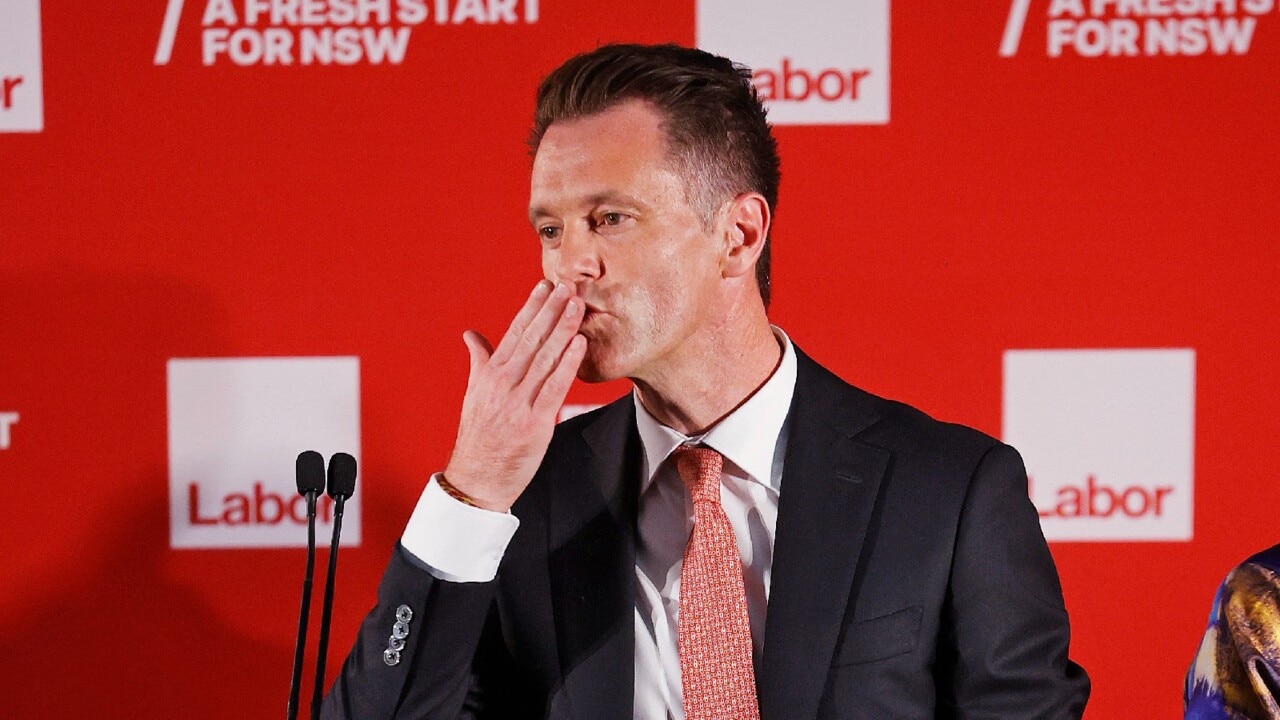
The Conservative government no longer has the moral authority to ask for any temporary sacrifice from its population. The Conservatives have been in office for 13 years so it’s not surprising that they might be due for a spell in opposition. But what is stunning is that the Conservatives have made such a mess of their great Brexit project. Boris Johnson led Britain out of the EU on the basis that Britain wanted to be freer, more efficient, more independent, with lower taxes, less red tape and a more dynamic economy and society. Instead taxes are higher than at any time since the 1950s and Conservatives have little coherence in the program they offer the British people. Britain looks more like an EU cliche than it did when it was a member of the EU.
In Germany the Social Democrats rule with the Greens. German Greens are relatively sensible. In many nations governing coalitions involving Greens are more likely in the future. Non-German Greens are often irresponsible and unreal in their policy demands, none more so than Australia’s Greens.
In Canada, the centre-left Justin Trudeau looks as if he’s Prime Minister for life. Labour has a solid majority in New Zealand. Only in Italy does Giorgia Meloni lead a relatively stable centre-right government that also looks as if it has some centre-right purpose.
Australian conservatives are swept up in the global conservative crisis. In NSW, Dominic Perrottet lost by a smaller margin than it first seemed. It was in many ways a conventional loss for a 12-year-old government. Three things stand out. First, Labor did not win a majority. Second, by the end, Perrottet wouldn’t even defend his signature policy of privatisation and productive use of the proceeds. And third, the Liberals retained a few key seats from teal challenges not because they became Labor-lite on climate, identity, gender and left-wing propaganda in schools but because NSW has an optional preferential system. The teals who won federal seats did so because of compulsory preferential voting.
Can Labor form a majority in the future? Neville Wran won government by one seat in 1976, Bob Carr won by one seat in 1995. Both went on to record subsequent repeated landslide wins. Daniel Andrews won fairly narrowly in 2014 but now exercises complete and rather unpleasant hegemony in Victoria.
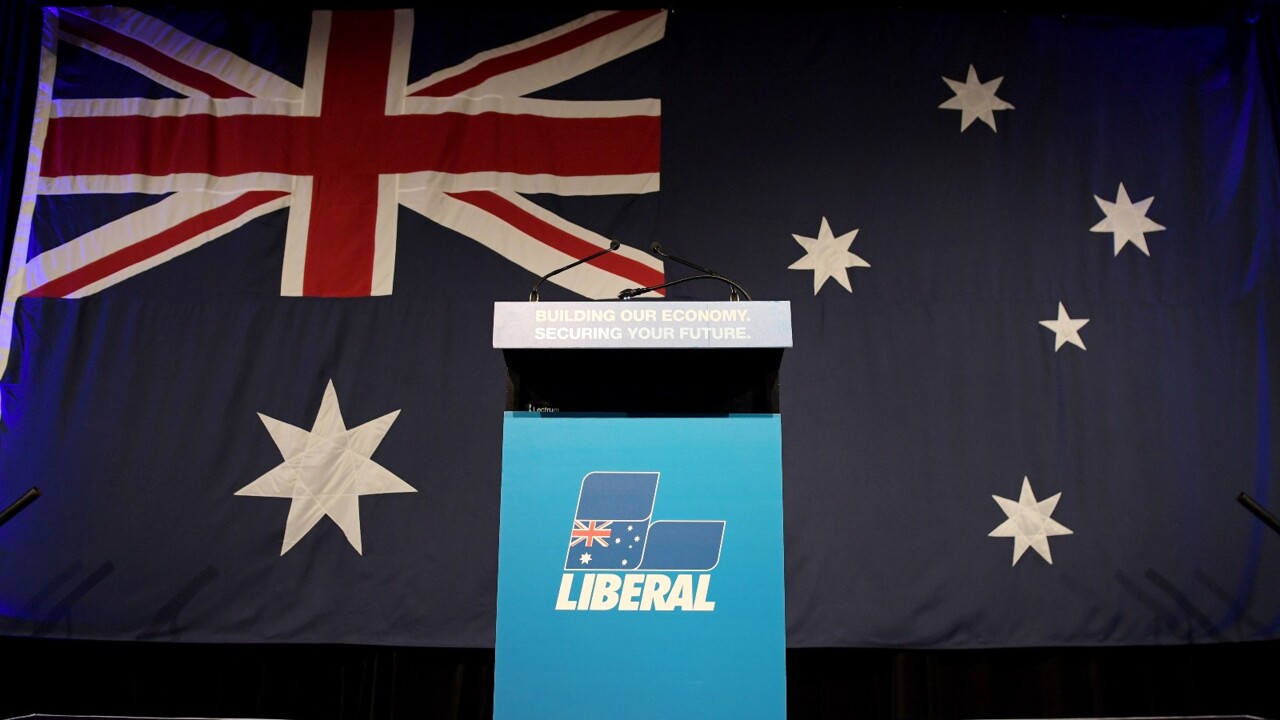
Victorian Liberal leader John Pesutto has been nearly demented in his desperate efforts to conform to what he thinks is the prevailing zeitgeist. Moira Deeming’s approach to gender issues may be unsophisticated, even a vote loser. But a party that instantly expels MPs who don’t conform to every cliche of the moment, and does so, hilariously, in the name of inclusion, has no idea of itself, no self-confidence.
The broad cultural crisis in the West is multifaceted. There is the loss of belief in God. There is the associated loss of belief in institutions and all traditional sources of social authority. There is the particular toxic hangover of Covid that taught Western electorates the worst, most dangerous and fraudulent lesson in public policy, that government money is effectively limitless, all demands can be met by more more government spending, endlessly increasing debt. As important as all that, we’ve also had several generations go through school and university education that imparts a message of near hatred, certainly contempt and condemnation, of their own society and history.
The climate change issue is linked to the idea that everything about Western society is rotten, if not downright evil. Some version of this is widespread in elite media. Hostile foreign nations do their bit by clandestinely spreading internal hostilities and divisions on social media. And the fiscal delusions fostered by Covid spending feed into the idea that nations can afford any cost that climate measures impose.
Australia’s conservative politicians have been strikingly unsuccessful. On the odd occasion they form government, they do more or less nothing. You cannot blame conservative politicians for the transformation of the ambient culture. The institutions and consensus on which they rested – family, church, patriotism, hard work, living within your means – are all under constant attack.
But this environment means, more than ever, conservative politicians must fight for the things they believe in. They must advocate more energetically, more courageously, more passionately, with as much sophistication and good humour as they can muster. If they do that, they might be surprised at the influence they can still have on institutions. If, on the other hand, they surrender to the zeitgeist they will surely lose the arguments and the elections. As Australia’s greatest modern conservative says: “A lot of conservatives have lost the will to argue a case.”



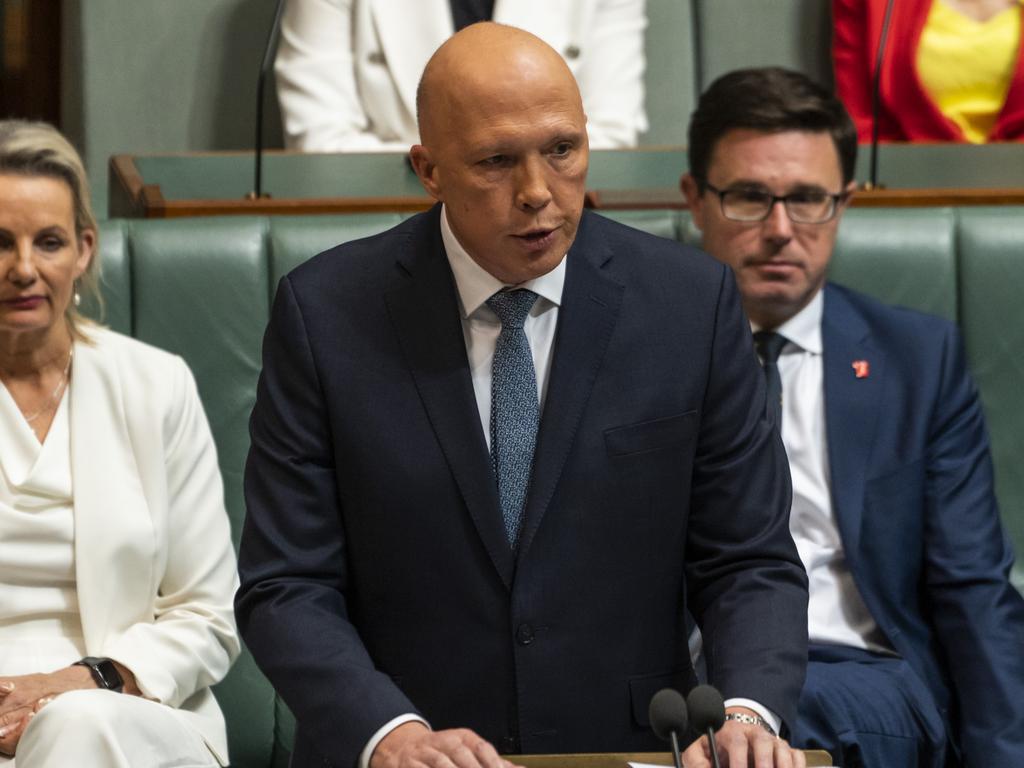
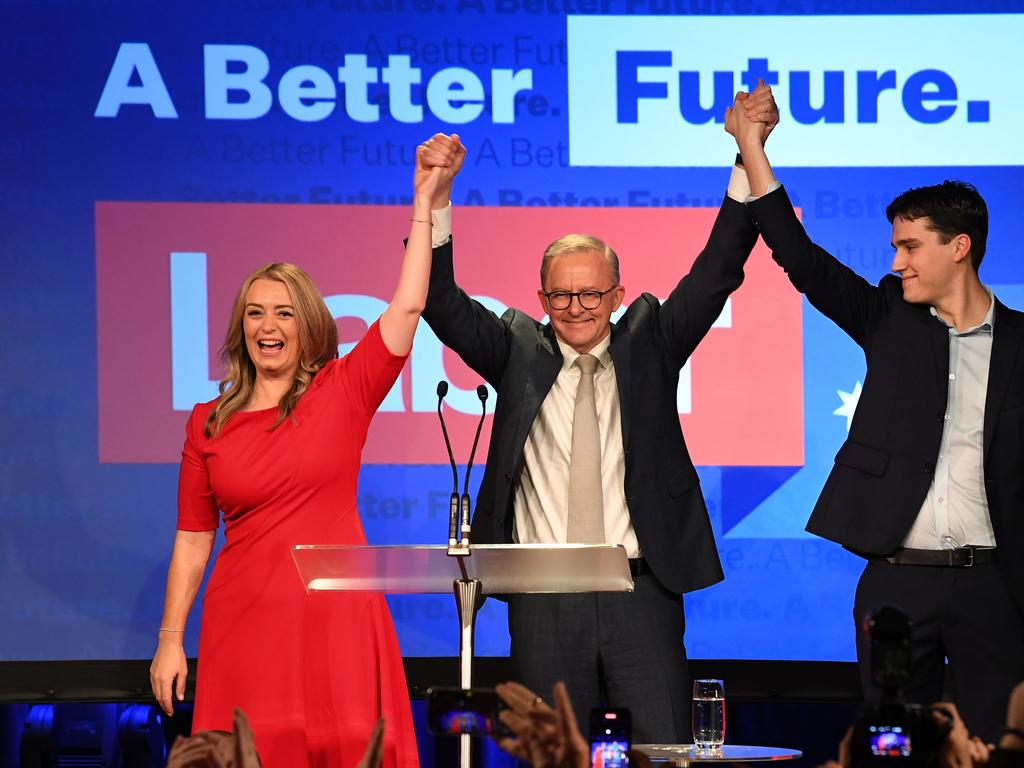
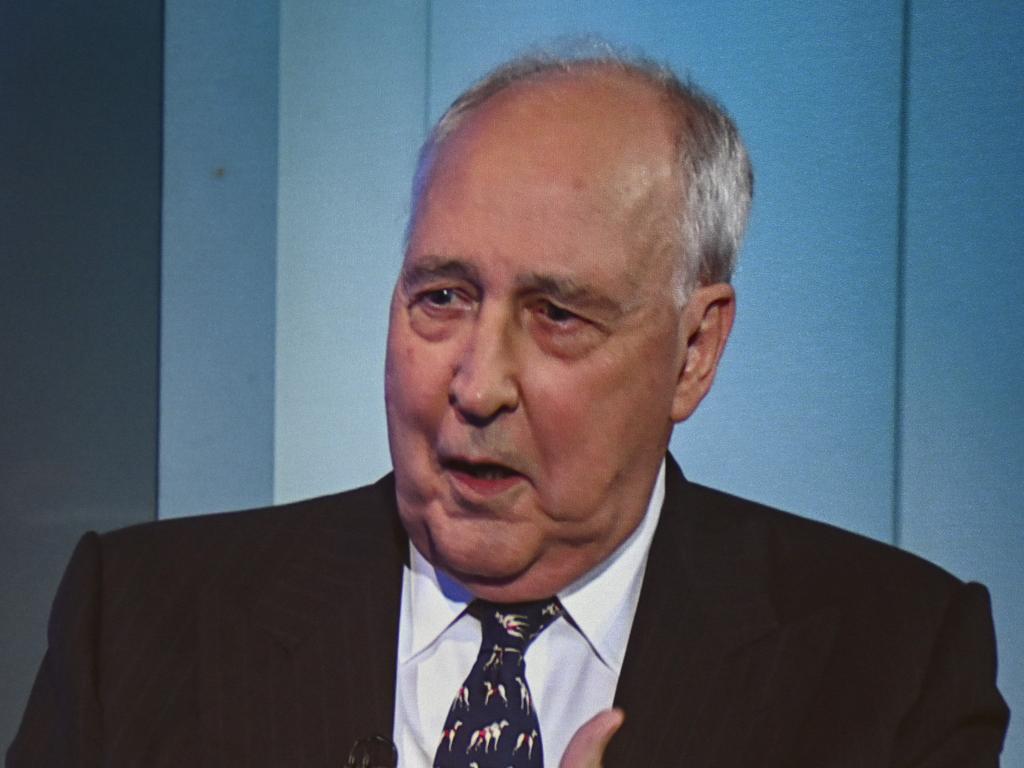


As the Liberal Party’s devastating defeat in the Aston by-election graphically demonstrates, conservative politics is in the midst of crippling, perhaps mortal, crisis within Australia, and around the Western and democratic world.